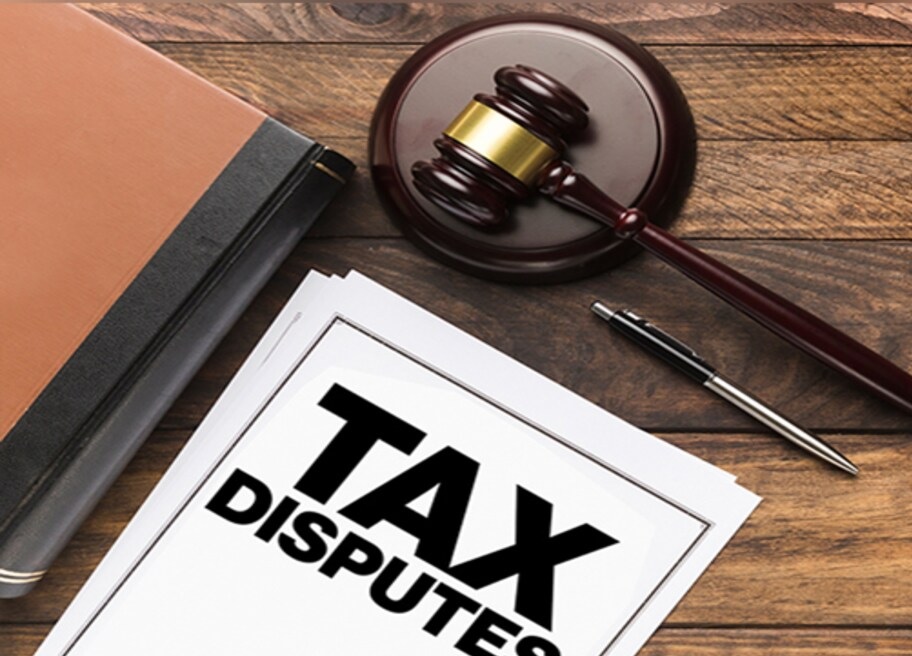- October 28, 2022
- Posted by: admin
- Category: Taxation

The mechanisms for resolving tax disputes are outlined in the tax laws of Nigeria. Although different tax laws have varied deadlines for filing returns and filing appeals, the general process is basically the same. The tax authorities check each taxpayer’s return for accuracy once it is filed. The tax authorities would apply an assessment event that such taxpayers fail to file their returns if, in their opinion, the taxpayer has not reported or remitted the correct amount of tax. The tax authorities are also permitted to assess the taxpayer in question using their “best judgment.”
Instead of putting yourself in a possibly dangerous scenario and ending up spending more in fees and interest without getting anything done, here are the Five(5) steps you can take when faces with Tax issues:
How to Resolve Tax Disputes
1. Object to the Assessment in writing: If a taxpayer feels wronged by the assessment of an RTA, they have a certain amount of time to file a written objection to the assessment. After that, such RTA may decide to modify the evaluation or not. If the RTA declines to modify the assessment, it will issue a Notice of Refusal to Modify (NORA).
2. Contact the Relevant Tax Authority: It is crucial to get in touch with the relevant tax authority as soon as you are made aware of any unpaid taxes or fines and take care of the situation. Depending on your circumstances, a revenue officer you speak with will be willing to work with you. The revenue officer could request that you submit specific financial information to prove your ability to pay.
3. Ask about available payment options: Consumers who are unable to pay taxes, penalties, and fees in full should find out if they qualify for the RTA offer in compromise program. However, they should be ready to provide the necessary documentation to support their claims of financial difficulty. Taxpayers may also be eligible for the installment payment depending on their circumstances.
4 Choose litigation : If the taxpayer is still unhappy with the RTA submission, he or she may choose to pursue his or her grievance through the legal system or an alternative dispute resolution process.
5. Engage a Tax Consultant: Working with a Reputable Tax Professional is Best – Some Tax Matters Become So Complicated. The best course of action is to contact a reputable accountant, tax attorney, or specialist who will explain the process to you and not promise the moon so that you have the facts you can deal with, unless it is a very small amount and you are confident that you can pay it off over a reasonably short period of time. To improve their prospects of coming to an agreement with the RTA, taxpayers should be open and honest about their circumstances and furnish the person managing their case with as many papers as they can.


